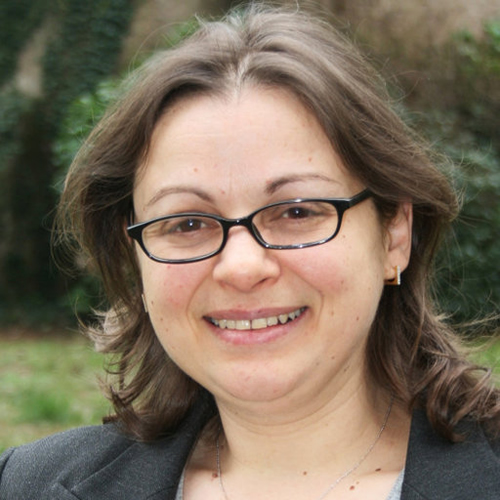Les NFT sont des actifs numériques authentifiés via la blockchain. Ils ouvrent des droits et des avantages dans le monde virtuel comme les métaverse ou dans le monde physique. Mais ils ne sont pas échangeables comme un bitcoin peut l’être avec un autre bitcoin. En ce sens, ils sont non fongibles. Leur rareté peut conduire à la spéculation. S’ils ont démarré dans le monde de l’art et du sport, aujourd’hui n’importe quelle star (musicien, sportif, animateur TV…) peut s’en emparer pour monétiser son audience directement via cet outil de finance décentralisée. Les marques proposent des produits virtuels à arborer dans le métaverse ou des avantages dans le monde physique comme une rencontre exclusive.

- 00:26:35
Un IAE adossé à un groupe d’écoles d’ingénieurs : voilà la particularité de l’IAE de Grenoble, membre depuis 2020 de Grenoble INP, au sein de l’Université Grenoble Alpes. Autre spécificité : il est le seul IAE à ce jour à être membre de la Conférence des Grandes Ecoles. Pour évoquer les projets de cet établissement discret mais bien ancré dans son territoire, son directeur, Philippe Protin, est l’invité du 39e numéro du "Grand Oral AEF info x Fnege". Il y parle aussi de ses relations avec son grand voisin privé, Grenoble Ecole de Management, de sa quête de l’accréditation américaine AACSB, de son projet de "prépa IAE", ou encore de la place faite au "vivant non humain" dans son conseil d’école depuis l’année dernière, dans le cadre de sa stratégie de développement durable.
PIOVEZAN Sarah - AEF Info |
CABY Jérôme - IAE Paris-Sorbonne Business School |
PROTIN Philippe - Grenoble IAE |
- Interview
- AEF Info / FNEGE - Grand Oral








